


Frieseomelitta varia is a docile species of economic interest as a pollinator. Its workers are sterile, and some of its genetic sequences are identical to those found in other eusocial bees, pointing to the conservation of ancestral traits.

Scientific Director Luiz Eugênio Mello is taking part in a group charged with providing scientific support to the United Nations Research Roadmap for the COVID-19 Recovery.
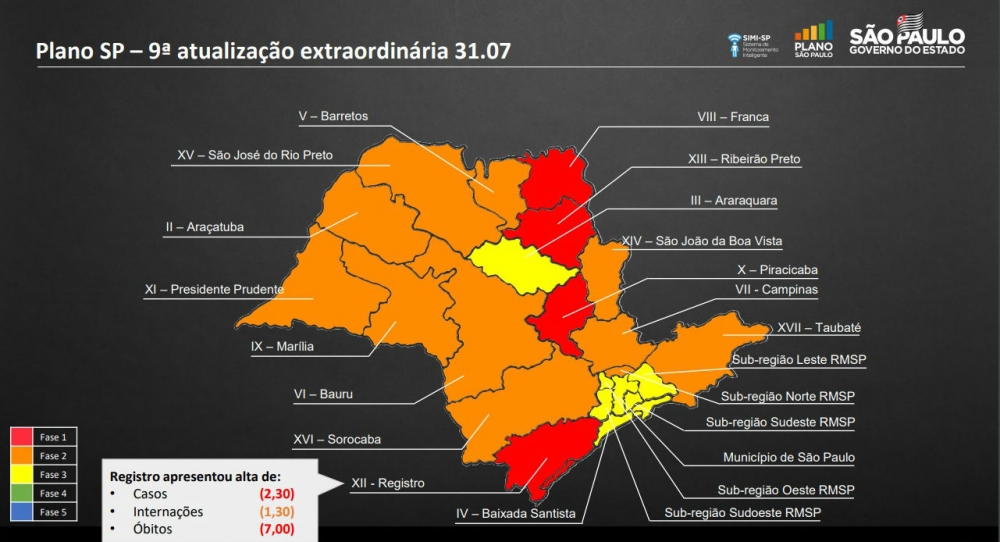
Researchers from Brazil, Mexico, Nigeria and the US took part in a webinar organized by FAPESP to discuss privacy and data security and how people’s behavior shapes the pandemic

Platform created by FAPESP in partnership with University of São Paulo, Albert Einstein Jewish Hospital, Hospital Sírio-Libanês and Fleury Group begins providing access to data for more than 177,000 patients, 5 million clinical examinations and 9,600 outcomes.

Project supported by FAPESP aims to help triage suspected COVID-19 patients.

The platform contains data on 75,000 patients, 6,500 sets of outcome data, and 1.6 million clinical examinations and laboratory tests. The University of São Paulo, Fleury Group, Hospital Sírio-Libanês and Albert Einstein Jewish Hospital are participating.

Strategy would maintain economic activity and protect healthcare services, according to system developed by a research center supported by FAPESP.
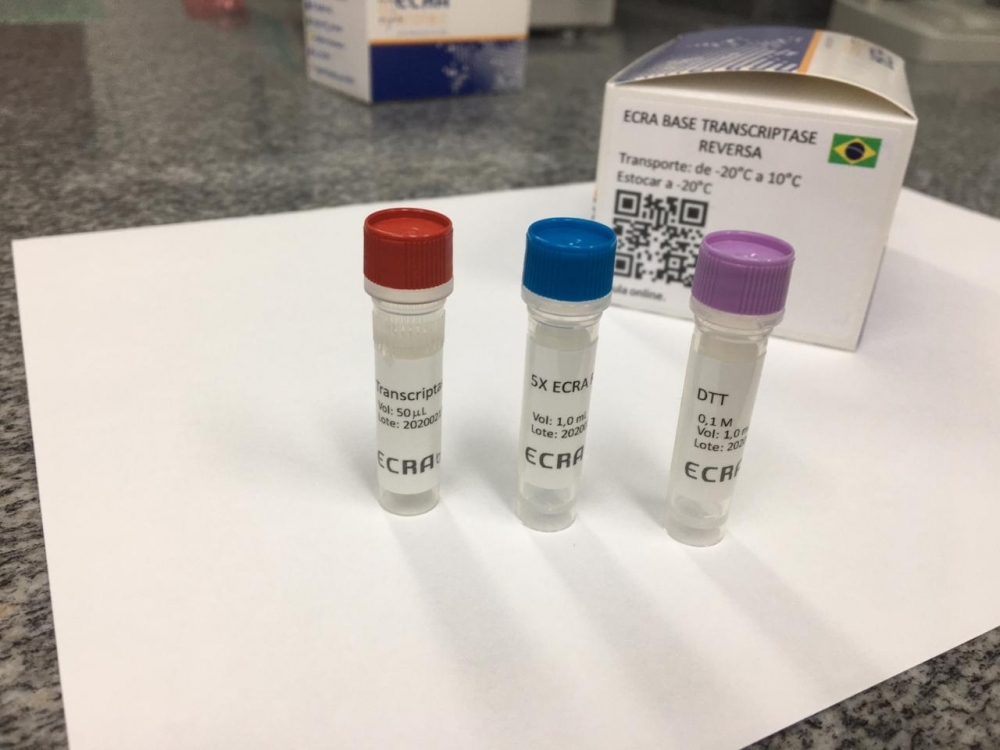
Researchers at the University of Campinas partner with biotech startups to promote local production of hitherto imported reagents. The goal is to increase Brazil’s capacity to perform RT-PCR tests, considered the gold standard for COVID-19 diagnosis.
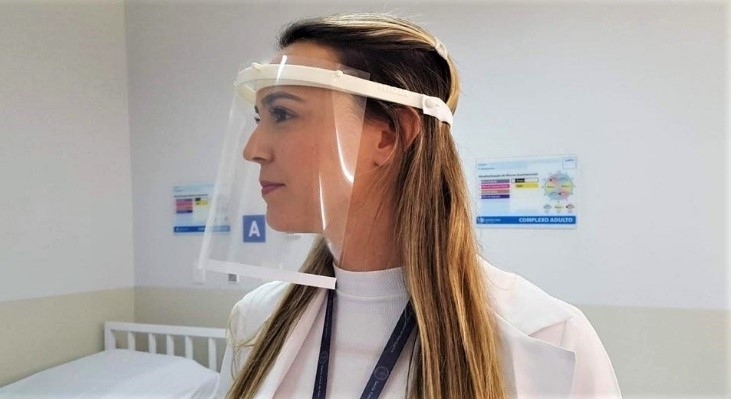
3D printed face shields are worn by frontline health workers over a conventional surgical mask.
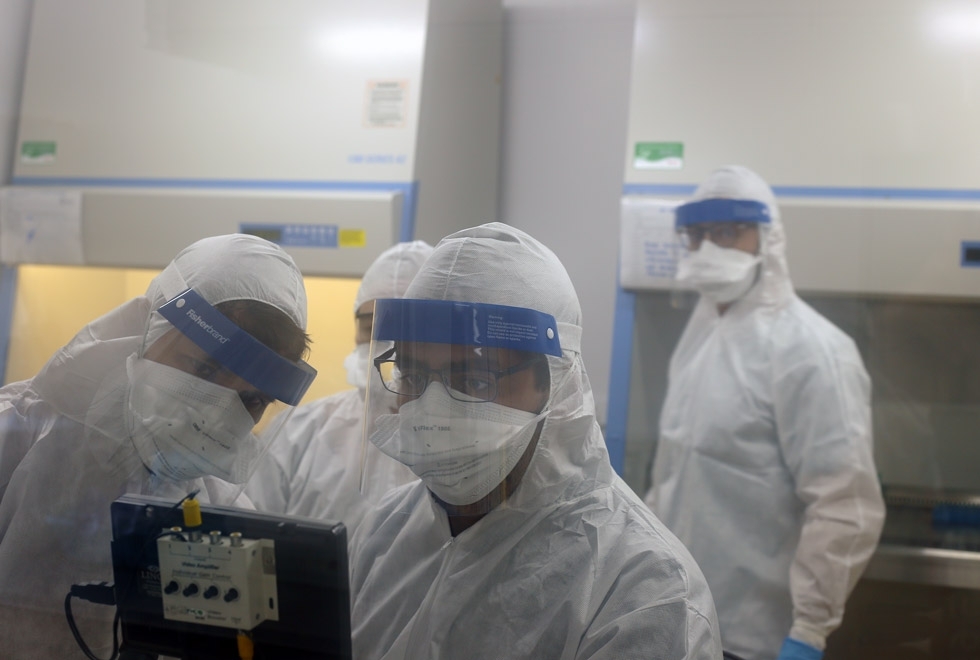
Researchers at the University of Campinas are organizing professionals, supplies and equipment to test for COVID-19, understand how the virus works, identify existing drugs that are effective against the disease, and use 3D printing to produce parts for ventilators and personal protective equipment.
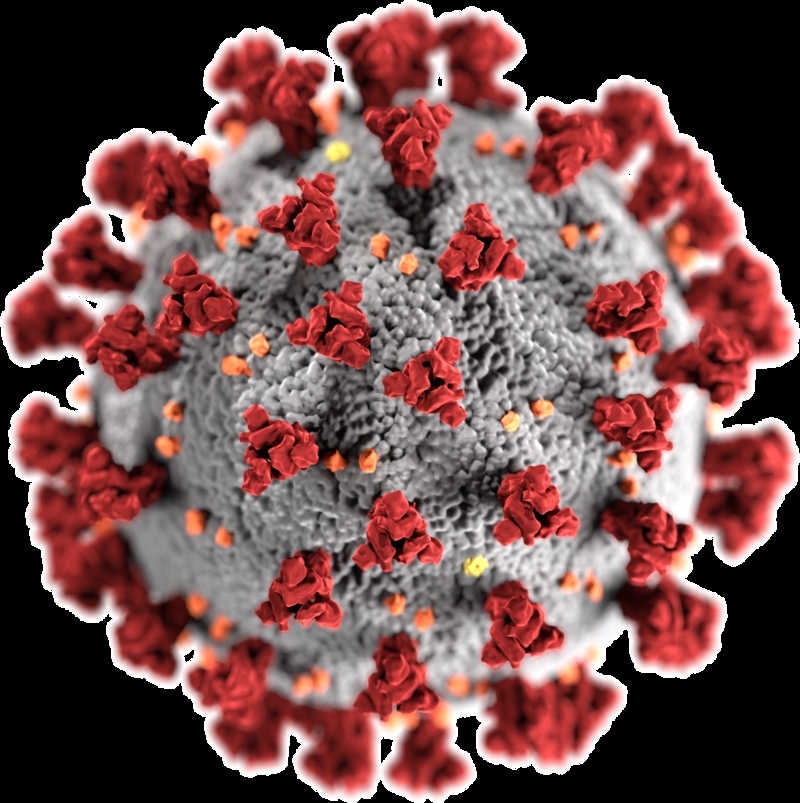
The initiative is coordinated by Butantan Institute and includes units in several cities accredited by Adolfo Lutz Institute (IAL), the regional reference laboratory. Short supply is the main bottleneck delaying the expansion of testing in the state.
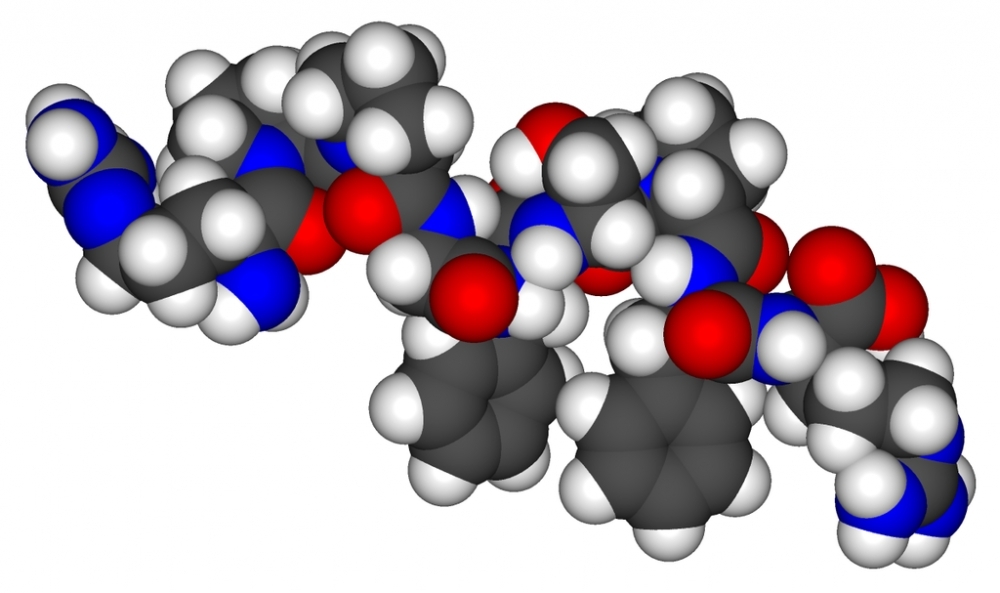
One of the studies will evaluate the effectiveness of drugs that inhibit bradykinin against pulmonary inflammation in critical patients. The other will analyze the transmission dynamics of the novel coronavirus in a small town in Amazonia.
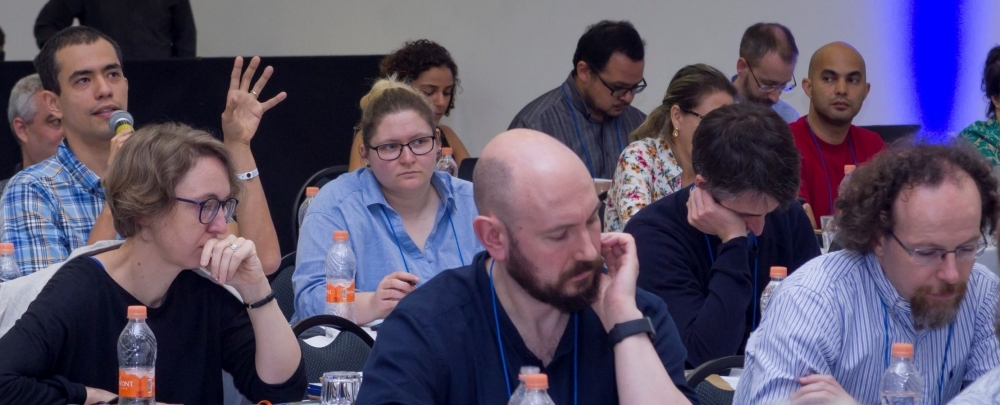
At an event organized by FAPESP and the UK’s Royal Society, researchers showed how partnerships are important in producing scientific results at the knowledge frontier.
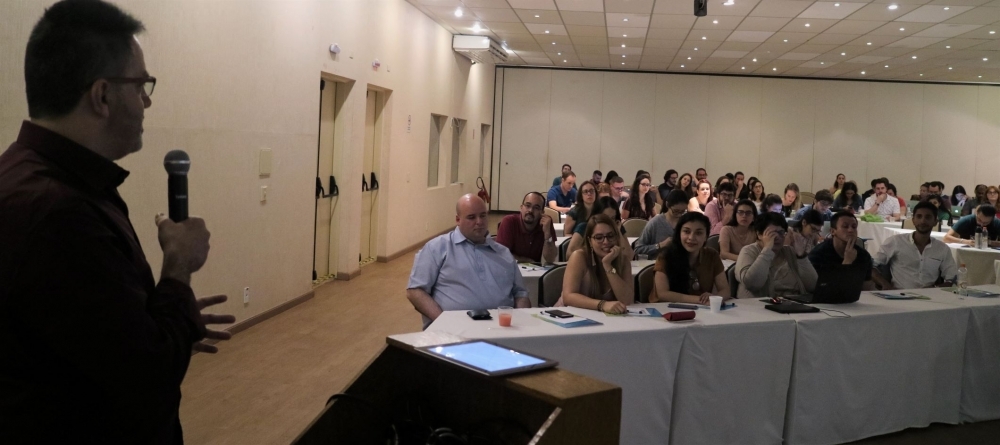
This topic was discussed by specialists from several countries at the São Paulo School of Advanced Science on Mental Health and Evidence-Based Interventions, an event held with the support of FAPESP.
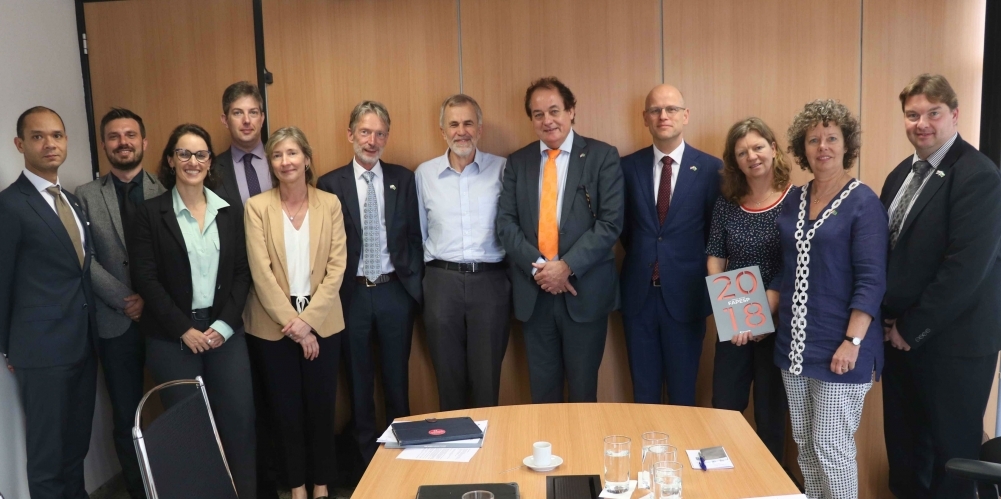
Eindhoven University of Technology focuses on innovation. Scientific and technological cooperation will be fostered by joint project funding.

Agreement between São Paulo State University and American Chemical Society facilitates the compilation of information dispersed across more than 30,000 scientific articles.
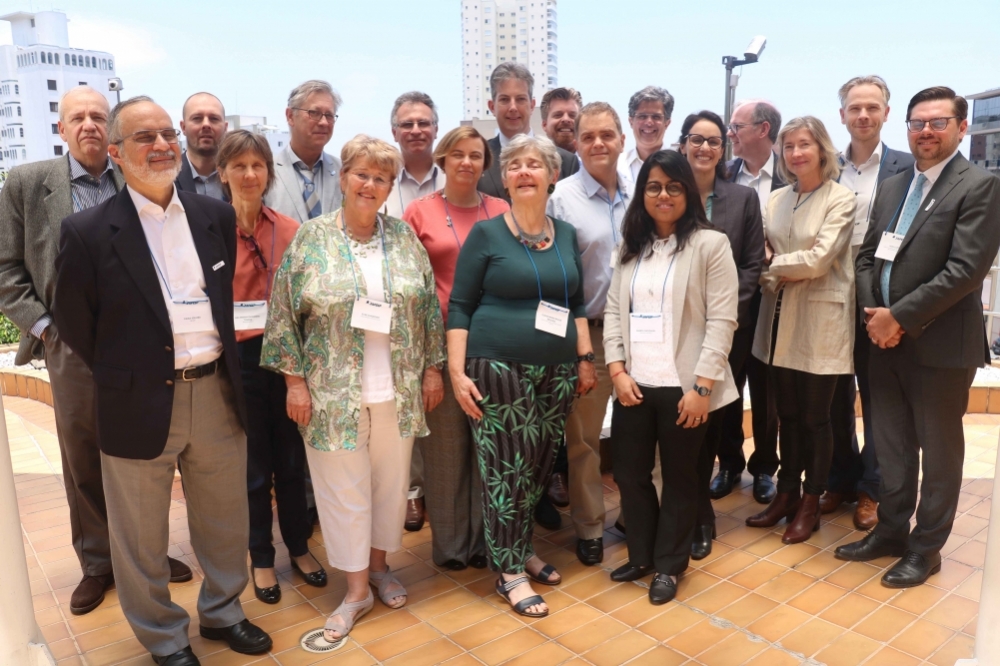
The meeting was organized by the Consulate General of the Kingdom of the Netherlands in São Paulo and FAPESP with the aim of fostering collaborative research.
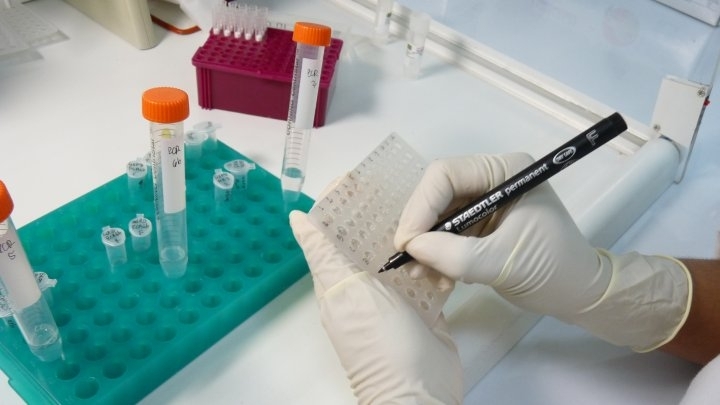
Initiative supported by FAPESP, USP, UNICAMP and global partners sets out to discover new molecules against tropical parasitic diseases. Its aim is to develop effective and affordable drugs.
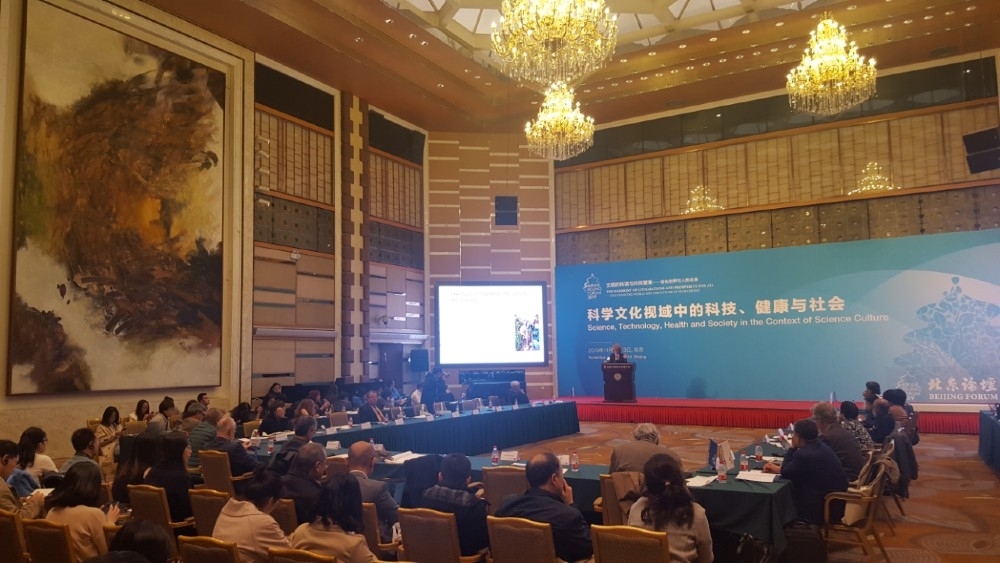
The project was launched in November 2019 in Beijing at an event hosted by China’s National Academy for Innovation Strategy.
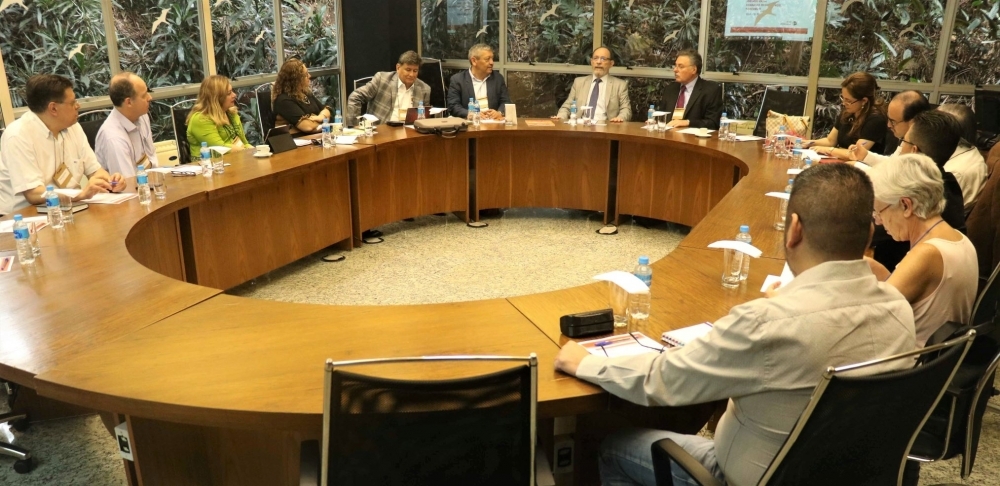
Projects funded jointly by FAPESP and Canada’s IDRC are developing solutions to combat Aedes aegypti. Researchers and entrepreneurs from Brazil and Mexico discussed these innovations at a workshop.

Presidents of FAPESP and of the Université de Paris highlight at FAPESP Week France the importance of academic and scientific collaborations between Brazilians and the French. Collaboration agreement to reinforce the partnership will soon be signed.
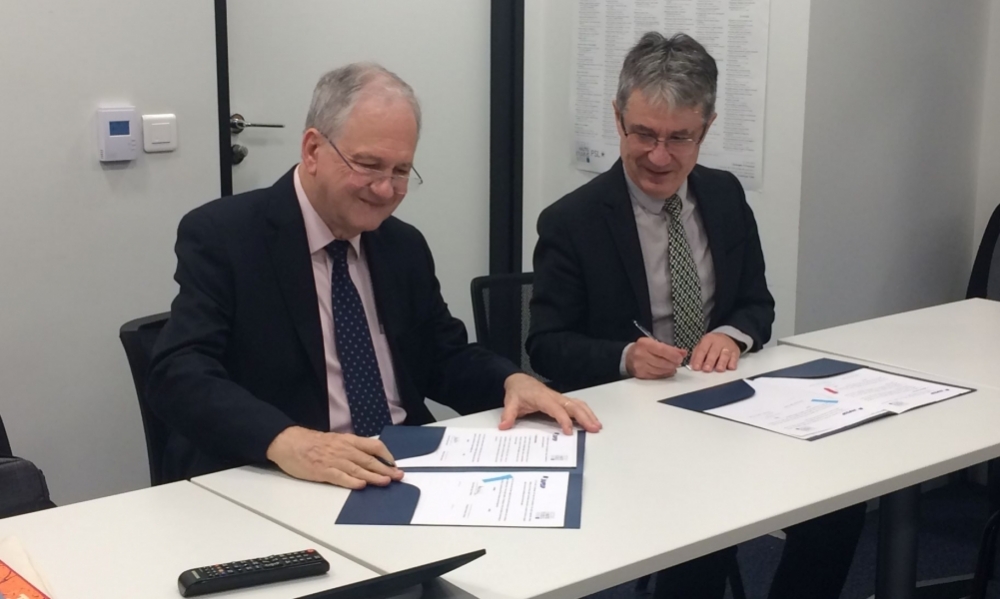
Partnership formalized during symposium organized in Paris widens collaborative research opportunities between scientists from France and São Paulo.
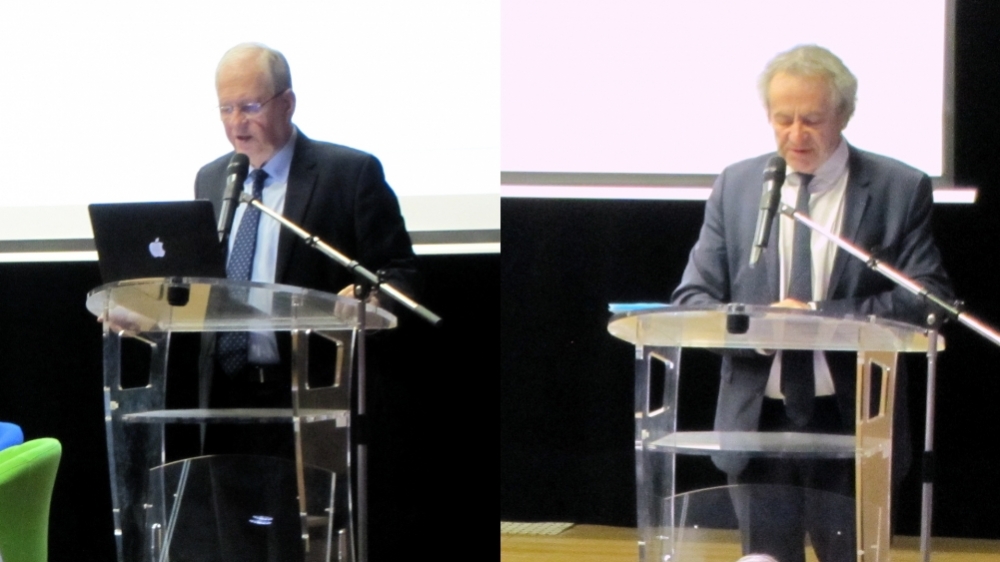
Presidents of FAPESP and of the University of Lyon highlight during the opening of FAPESP Week France the importance of research collaboration between scientists from the French region and the State of São Paulo.

USP has been chosen to partner with the new Engineering Research Center, which will start operating in 2020, with an investment of up to USD20 million in ten years.
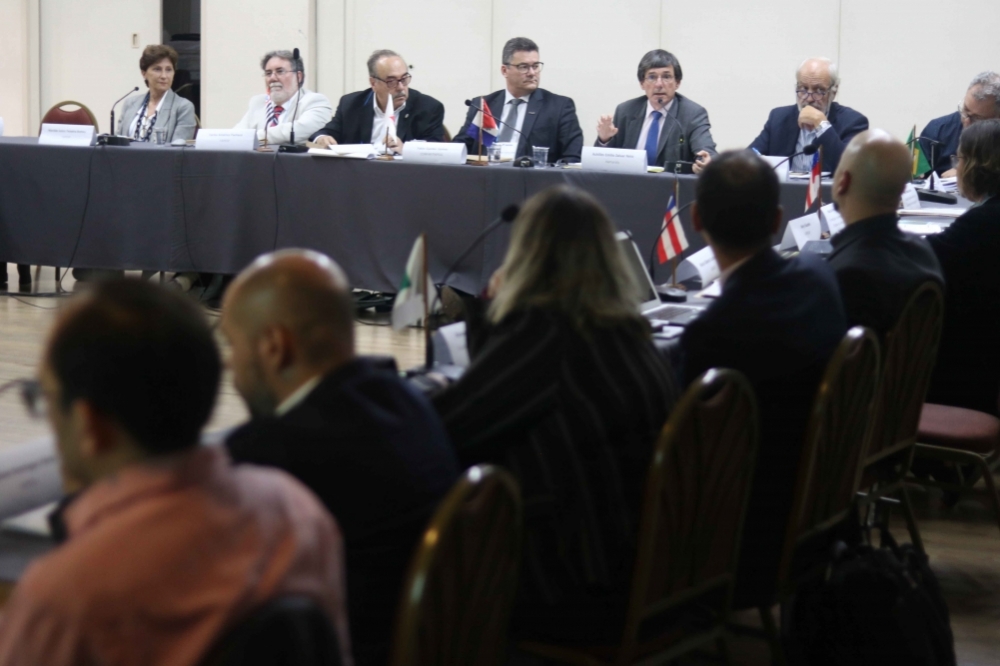
The aims of these subnational institutions include bolstering the impact of Brazilian science and increasing the benefits of cross-border cooperation.